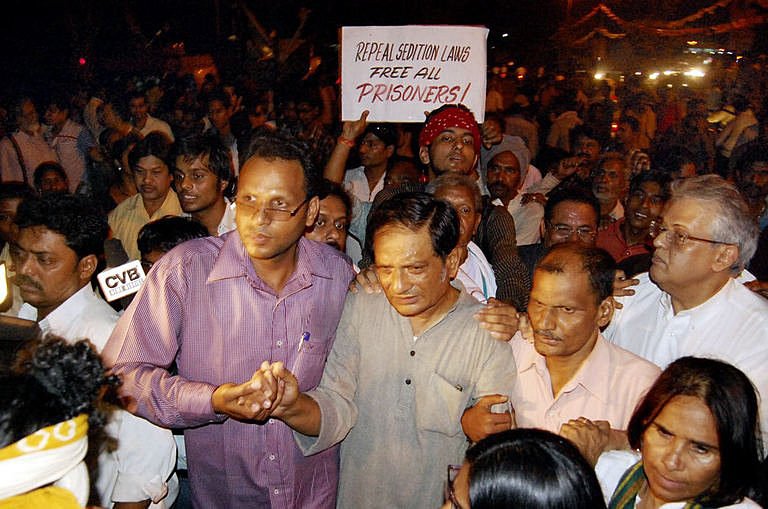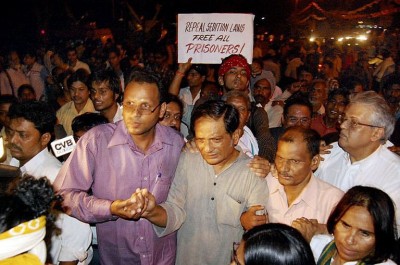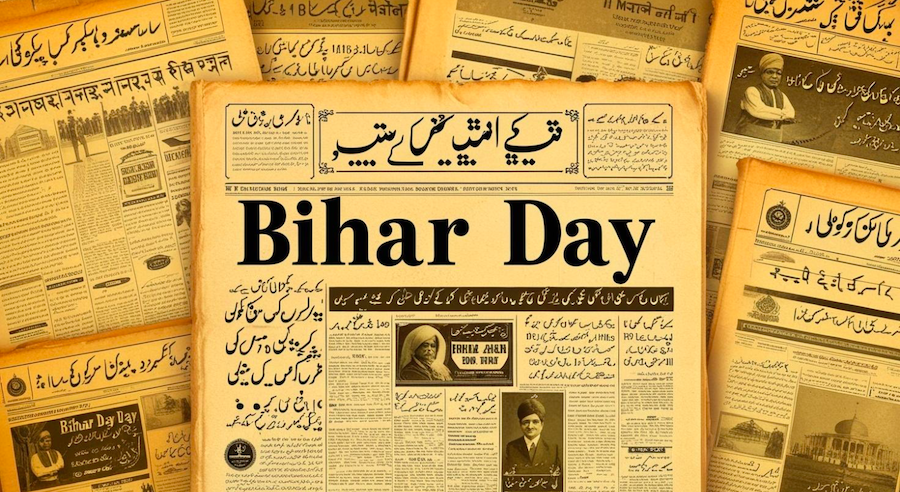Tarique Anwar, BeyondHeadlines
New Delhi: Dr Binayak Sen, who had been awarded life sentence by a trial court in Chattisgarh for allegedly helping Maoist rebels and whose conviction led to an international campaign to free him, was released yesterday after he was granted bail.
The human rights activist was greeted by emotional family members as he left the high security Raipur Central Jail in the impoverished central Indian state of Chhattisgarh late on Monday.
Immediately after appearing, he hugged both his daughters and his 80-year-old mother amid shouts of support from a jubilant crowd of hundreds of well-wishers. Sen talked to the media, saying he was “very happy” at being released on bail, and he thanked people for their massive support.
“There was a national and international campaign for me,” he said adding that “I am not alone.”
Sen was arrested in 2007 on charges of waging war against India in Chhattisgarh. He was jailed in December after receiving a life sentence for sedition.
“I know in my heart that I have never betrayed our country. I am in no way a traitor,” 61-year-old Sen said. “There is no evidence in this matter (the alleged links with Maoists).”
Earlier in the day, a local court had asked Sen to surrender his passport and asked him not to leave the country without permission. The court also demanded Rs 50,000 as a bond for his release.
The apex court had last week granted Sen bail citing a lack of evidence for his conviction and life sentence on charges of helping Maoist rebels.
He was jailed for life in December by the state high court after prosecutors successfully argued that he helped Maoist guerrillas create an urban network and acted as go-between for a left-wing leader and a businessman.
Academics and civil rights organisations had condemned the conviction, with Amnesty International adopting him as a prisoner of conscience. Before his arrest, he had been running health clinics and training health workers in Chhattisgarh’s tribal communities, among India’s poorest people and whose plight the Maoist rebels claim to champion.
The case has led the country’s law minister to call for a review of the country’s strict sedition laws, which critics say restrict free speech.
Supporters outside the jail yesterday greeted the activist with slogans and placards, one of which said, “Free all Binayak Sens.”
India’s Maoist movement, which began in 1967, feeds off land disputes, police brutality and corruption and is strongest in the poorest and most deprived areas, many of which are rich in natural resources.
At least 1,174 rebels, troops and civilians were killed in violence linked to the insurgency in 2010.
The government has been on the offensive against the rebels since November 2009. The Home Ministry said that the insurgents were active in one-third of the country’s 626 districts.
Prime Minister Manmohan Singh has labelled the insurgency the number one threat to India’s internal security.










